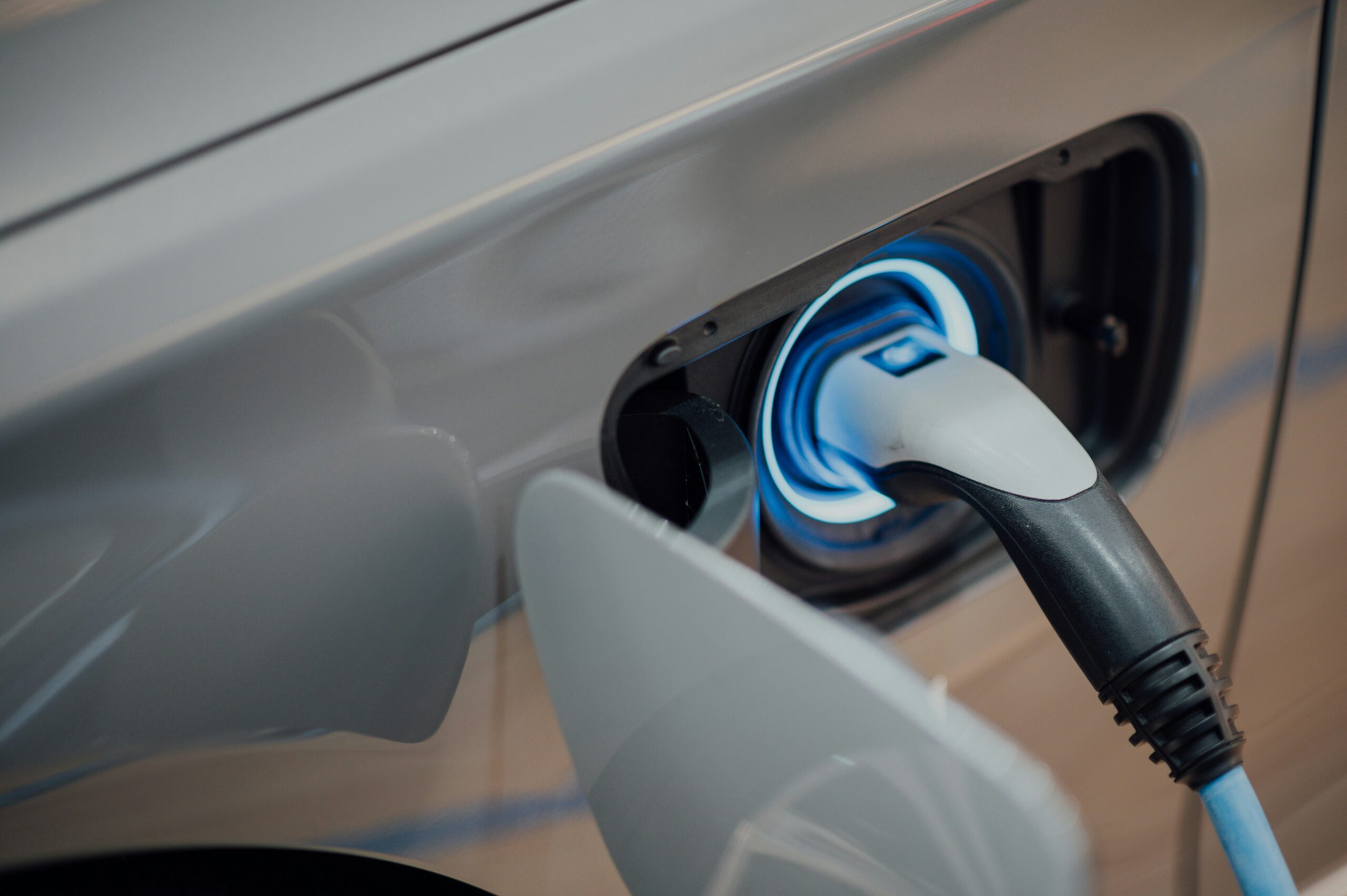
When you hear the word “hybrid,” what springs to mind? A Toyota Prius? Perhaps a Liger, the fascinating cross between a lion and a tiger. Or maybe superheroes from the Avengers might cross your thoughts. But does the European automotive industry need a superhero of its own? The hybrid vehicle might just be the saviour we’ve been waiting for.
A hybrid automobile blends the best of both worlds—an internal combustion engine with an electric motor for propulsion. Unlike fully electric vehicles (EVs), hybrid cars generate their own electricity through regenerative braking, making them a self-sustaining option without needing an external power source.
For many, hybrid vehicles are a no-brainer. They offer fuel cost savings, lower emissions, higher reliability, and improved performance due to weight savings. Historically, models were uninspiring, shaping consumer view of hybrids as practical but not particularly stylish. However, this perception is changing. Today’s consumers have a range of elegant options, from the sleek BMW 330e PHEV sedan to the powerful Porsche Cayenne E-Hybrid SUV.
The Challenges of Electric Vehicles (EVs)
Despite the hype around fully electric vehicles, there’s growing concern over their viability in the European market. Several factors contribute to this, including:
- Lack of Charging Infrastructure: Many regions are still under-equipped with charging stations, making long-distance travel risky for EV owners.
- Battery Range and Life: Concerns persist about how far an EV can go on a single charge and rapidly evolving battery technology
- Second-Hand Market Value: EVs are notorious for depreciating quickly, making them less attractive as long-term investments.
In today’s fast-paced world, consumers crave the latest technology, whether it’s a smartphone, a smartwatch, or a car. But unlike upgrading a phone, purchasing a new vehicle is a significant investment. With EV technology rapidly evolving, many potential buyers are hesitant to commit to a market that’s still in flux.
The Hybrid Comeback: A Growing Market
Interestingly, the hybrid vehicle market is experiencing a resurgence. And it’s not just about the Toyota Prius anymore. The global hybrid vehicle market is projected to grow from $271.80 billion in 2023 to an impressive $504.18 billion by 2032. This growth signals a shift in consumer demand, with many seeing hybrids as the perfect compromise.
For European automotive manufacturers, hybrid vehicles offer a chance to leverage their historical strengths in combustion engines while also making strides toward environmental sustainability by lowering emissions.
Net Zero by 2030: A Mirage?
The European Union has set an ambitious goal of achieving net zero emissions by 2030. But as this deadline looms, it’s beginning to look like a mirage—a promised land that may be out of reach. Given the current challenges with EVs, investing in hybrid technology seems like a pragmatic approach.
Hybrid vehicles allow the industry to progress at a manageable pace, addressing immediate concerns like charging infrastructure, “range anxiety”, and wider economic uncertainty. The industry cannot “run before it walks.”
As marketing expert Gary Vaynerchuk once said, “Market like the year you are in!” As the EV market matures, it makes sense for automotive companies to pivot and listen to customer demands.
Flexibility and Compromise
In many ways, hybrid vehicles epitomise flexibility and compromise. Just as the hybrid working model has provided employees with greater autonomy and improved well-being by reducing commuting time, the European automotive market could reap similar benefits by embracing hybrid solutions.
In recruitment, my clients are learning to be flexible, making decisions that stabilise their market position while still fostering innovation. In today’s rapidly changing landscape, having the right people—those who are comfortable with change—is more important than ever.
As Albert Einstein famously said, “Insanity is doing the same thing over and over again and expecting different results.” Perhaps it’s time for the European automotive industry to embrace change, and hybrid vehicles could be the key to a more sustainable and flexible future.
To find out more about this topic, contact @jackcowan



